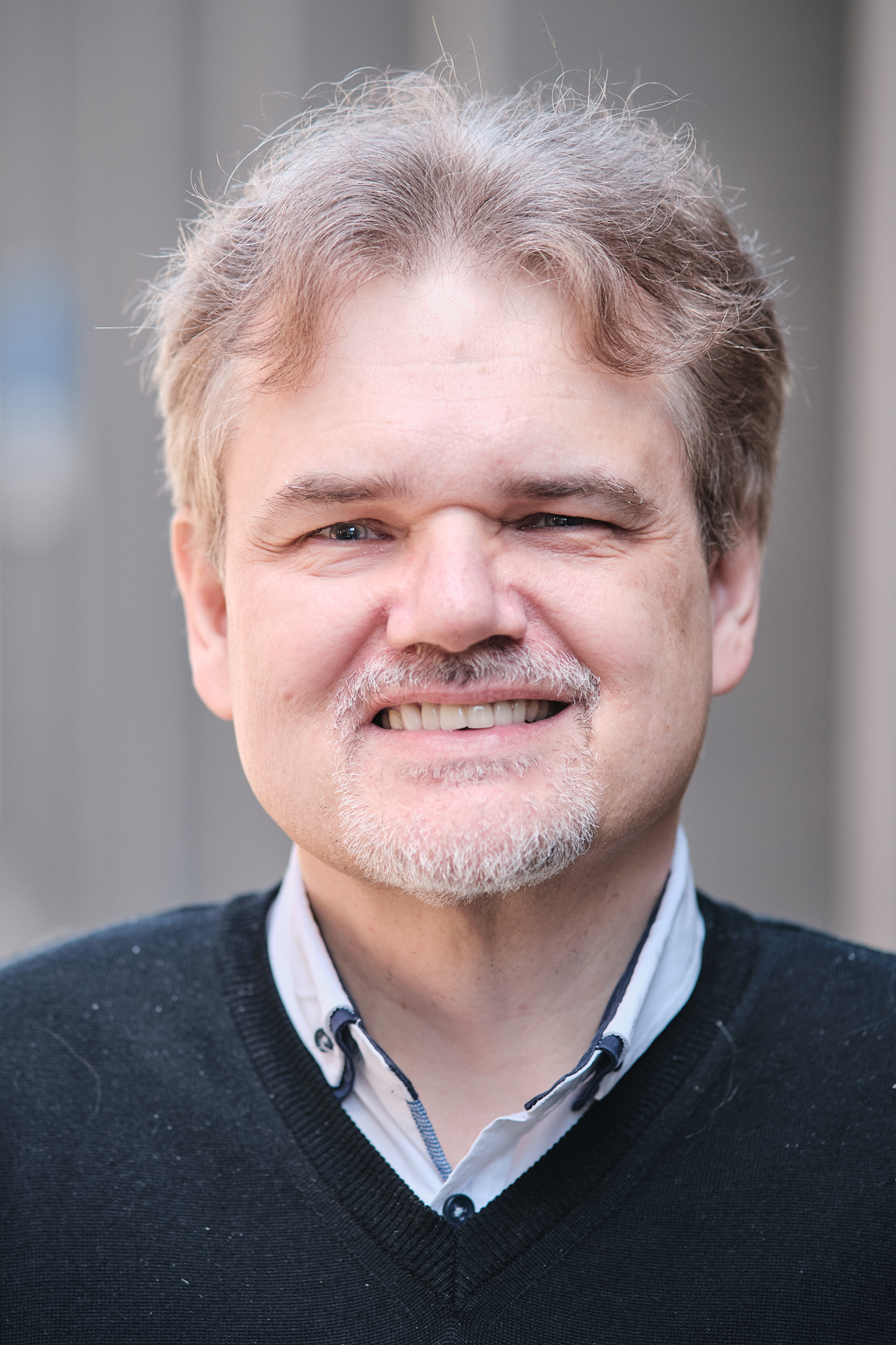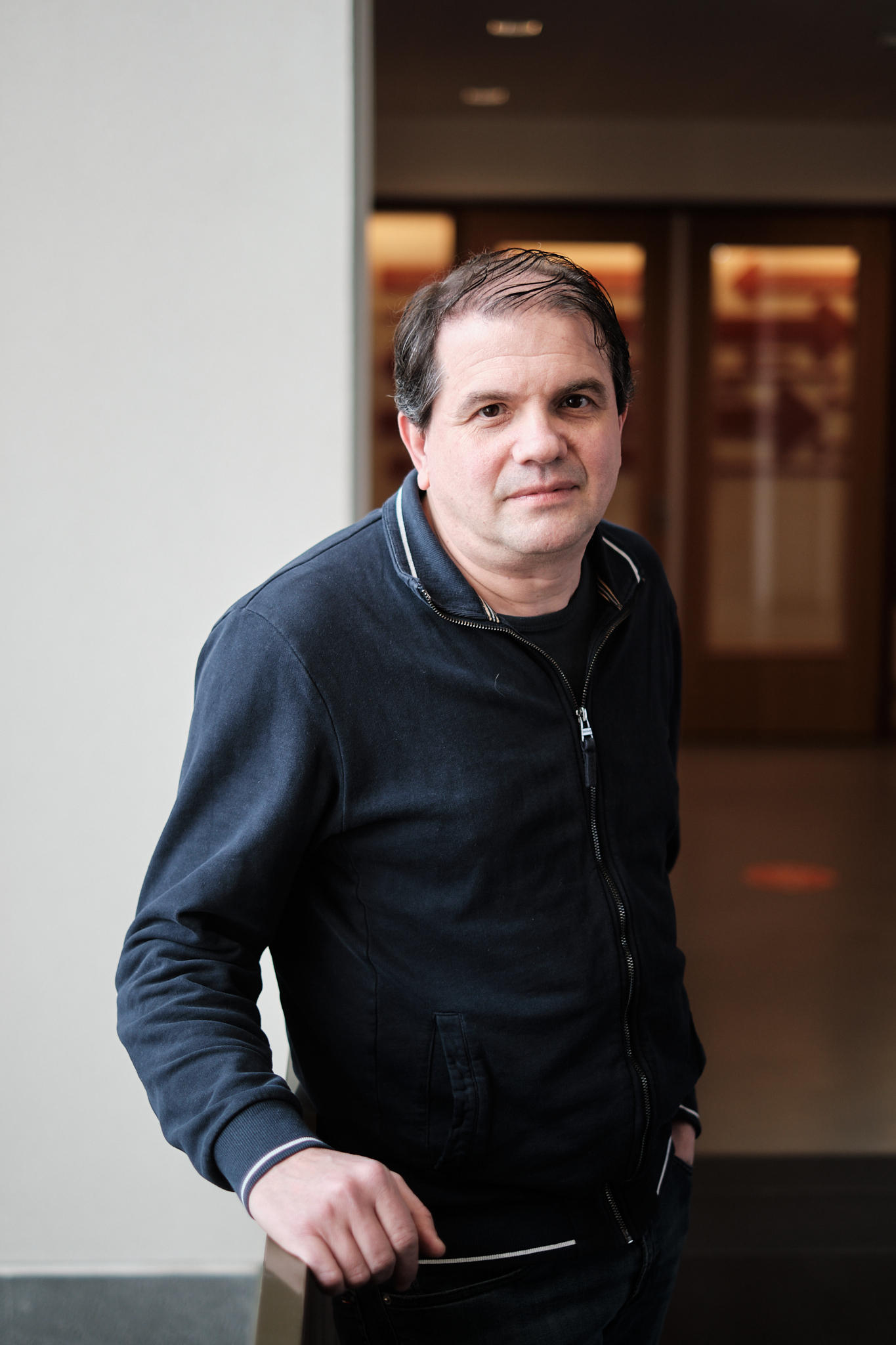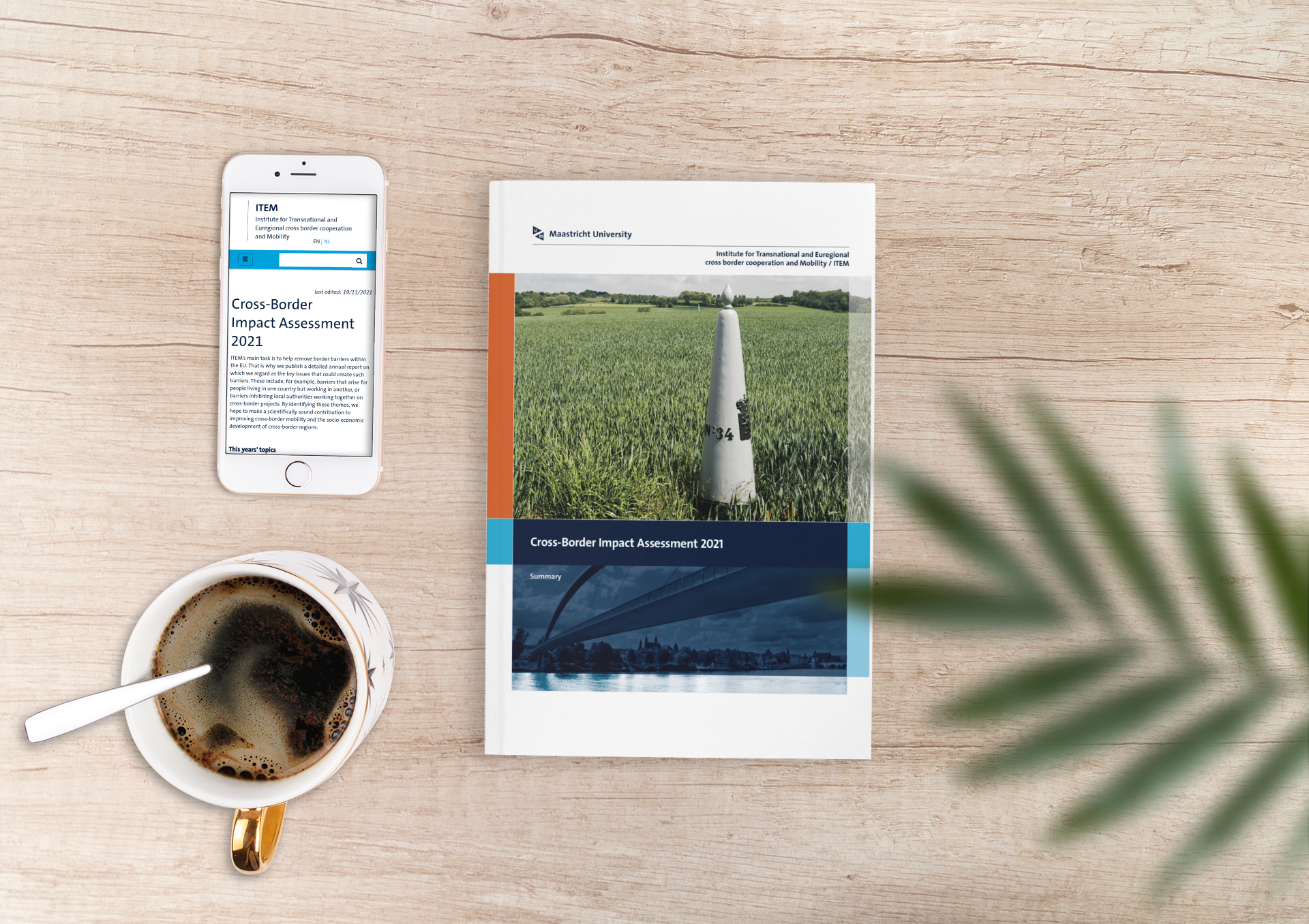News
-
FPN’s prof. dr. Rainer Goebel has been awarded an ERC Advanced Grant of € 2,5M for his research project Reading the Mind’s Eye: AI inspired personalised brain models of mental imagery. Goebel is among 255 researchers (out of 1829 applications in all domains) in Europe to receive the grant, and he is...
-
Professor Fred Zijlstra is set to retire in May. How does he look back on his career? What is his take on current developments in the field of work and organisational psychology? And how can we, as a society, best organise work—now and in the future?
-
On 8 June, Professor Fred Zijlstra will bid farewell to the Faculty of Psychology and Neuroscience and his Chair in Work and Organisational Psychology. In his farewell address, he will look back on the work that has fascinated him for so long. We met him in his office to get a preview of this...
-
Elia Formisano, professor of Neural Signal Analysis at the Faculty of Psychology and Neuroscience recently published a paper in Nature Neuroscience in collaboration with Bruno Giordano at Université Aix-Marseille, France and Michele Esposito, Giancarlo Valente. The title of the paper is Intermediate...
-
Do vegetables taste better if you get to choose? With her research, Rosalie Mourmans, PhD student at the Faculty of Psychology and Neuroscience, tries to answer this question. This research earned her a place among the ten finalists of the Klokhuis Science Prize: a prize for interesting scientific...
-
Dr. Brenda Erens recently obtained her PhD at the Faculty of Psychology and Neuroscience. We talked about her work and upcoming challenges.
-
A research done at Maastricht University shows why women choose to undergo cosmetic surgery and ignore the associated physical and psychological risks. Surprisingly, this is mostly not so because they are insecure about their looks, but because they believe ‘looking pretty’ makes them more...
-
Nitrous oxide, or laughing gas, is a substance that many know from a visit to the dentist, or a medical procedure in the hospital. But it is increasingly used as a recreational and addictive drug. During the intoxication, thinking clearly and focused movement is impossible for the user, you can...
-
The importance of cross-border cooperation manifests itself more than ever during the coronapandemic. Multi-level governance is the foundation for taking the next steps; looking for each other and perpetuating relationships at all levels, in administration, politics and practice. This became clear...
-
Due to the Corona crisis, also many cross-border workers are forced to work in their home country. They have been asked not to cross the border to come to their office situated in the neighbouring country. At the moment, this is only possible because the Dutch, Belgian and German governments have...









